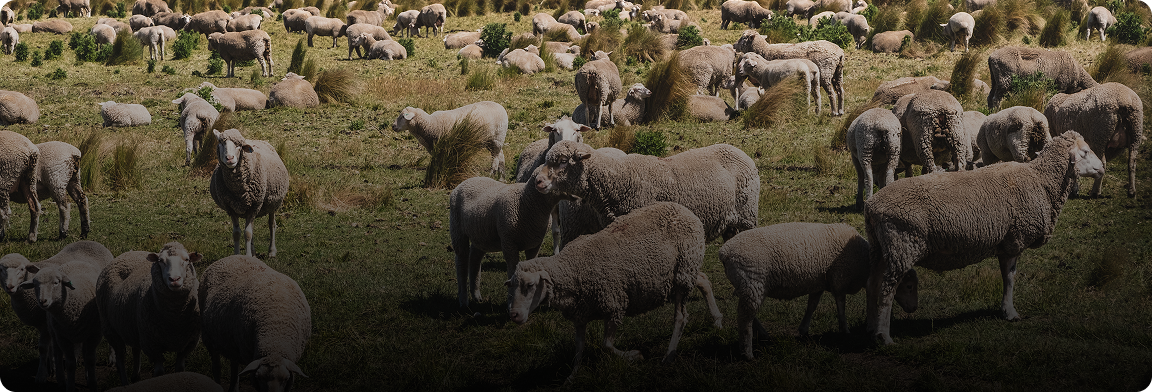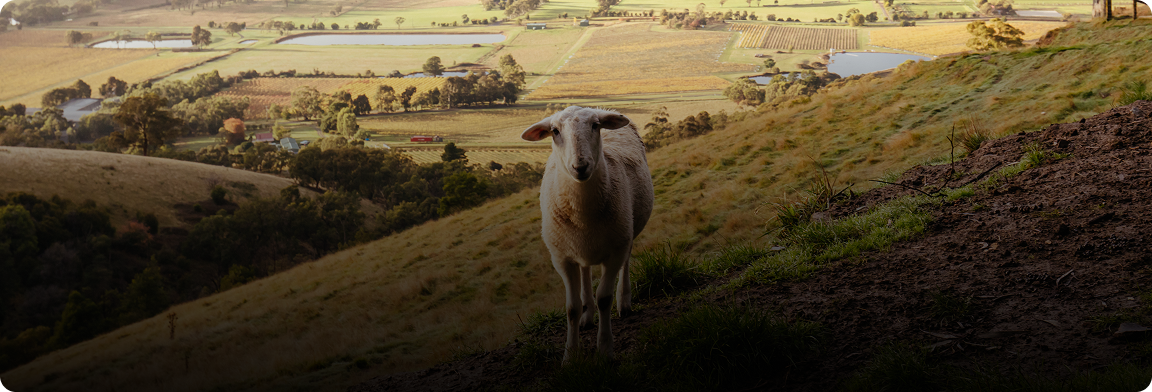Seasonal Sheep Farming
Tips: Grazing, Health, and
Lambing Care
Seasonal Sheep Farming Tips: Grazing, Health, and Lambing Care
Sheep farming can be fun and rewarding, especially when you understand how to care for your sheep in each season. Different times of the year bring different challenges, so it’s important to adjust how you manage your sheep. This blog will share useful tips on grazing, keeping your sheep healthy, and ensuring lambing goes smoothly. Let’s get started!
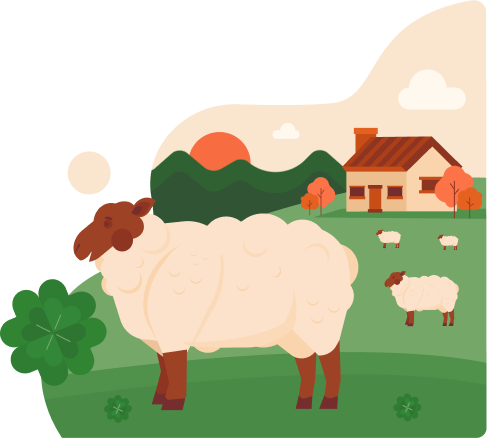
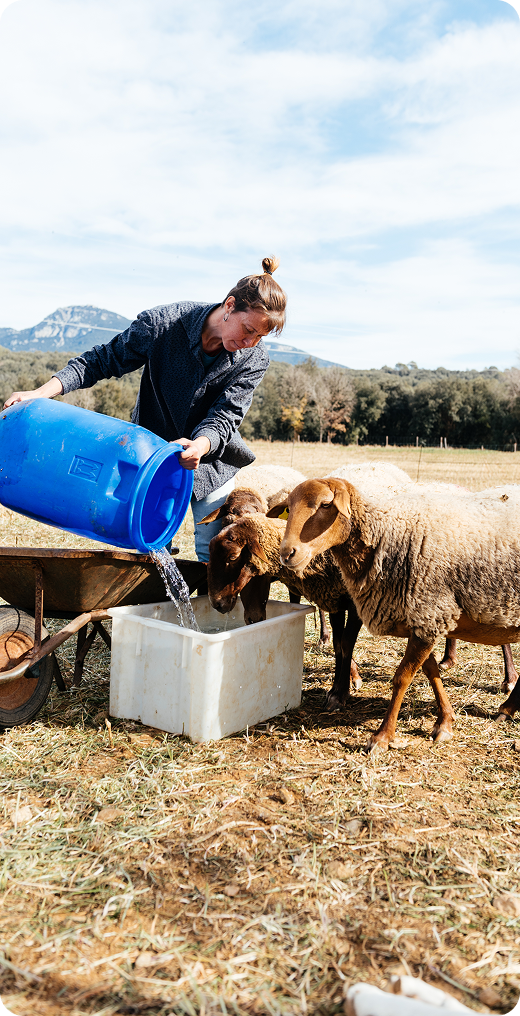
Spring: The Start of
Growth
Spring is a wonderful season for sheep and farmers. Fresh grass grows, and the weather is warmer, which means it’s the perfect time for grazing. During spring, your sheep will enjoy fresh green grass, but it’s important to watch how much they eat. Sometimes, eating too much fresh grass can cause health problems like bloating.
Additionally, check your pastures for poisonous plants, which can appear in spring. To avoid overgrazing, rotate your sheep to different areas of the pasture every few weeks. This keeps the grass healthy and reduces the risk of parasites spreading.
It’s also a great time to prepare for lambing if you haven’t already. Make sure your lambing pens are clean and ready. Keep a close eye on pregnant ewes (female sheep) and watch for signs of labor. If you see a ewe struggling, call a vet for help.
Summer: Keep Them Cool
and Hydrated
Summer: Keep Them Cool and Hydrated
Summer in Australia can get very hot, especially in regions like Victoria. During this season, the most important thing is to keep your sheep cool and hydrated. Make sure they always have access to clean water. Sheep drink more water in summer, so check their water supply every day.
Provide some shade in your pasture, like trees or shelters, so your sheep can escape the heat. Heat stress can be dangerous for sheep, causing weakness or even death if not managed properly.
Another important summer task is managing flies. Flies can bother sheep, causing infections like flystrike. To protect your sheep, shear their wool early in the season and check them regularly for signs of trouble.
Autumn: Preparing for
Change
Autumn is a transition season. The grass starts to slow down, and the weather becomes cooler. This is the time to prepare for the colder months ahead. Start by checking the condition of your sheep. If any of them are underweight, give them extra feed to help them build up strength before winter.
Since the grass won’t be as rich, you might need to supplement their diet with hay or grain. Slowly introduce these foods to avoid upsetting their stomachs. Also, check fences and shelters to make sure everything is ready for the winter months.
During autumn, vaccination and parasite control are important. Make sure your sheep are protected against common diseases before winter arrives. Healthy sheep will handle the cold much better.
Winter: Staying Warm and
Healthy
Winter: Staying Warm and Healthy
Winter is the toughest season for sheep. The cold weather means they will need more food to stay warm and healthy. Provide plenty of hay and other feeds since grass may be limited. It’s also important to give your sheep shelter from the wind and rain. A dry place to rest will help them stay warm.
During winter, keep a close eye on lambs, as they are more vulnerable to the cold. If possible, bring newborn lambs indoors or into a warm shelter until they are strong enough to handle the cold weather.
Regularly check your sheep for signs of illness, like coughing or weakness. Early treatment can prevent bigger problems. Remember, sheep rely on you to keep them warm, fed, and healthy.
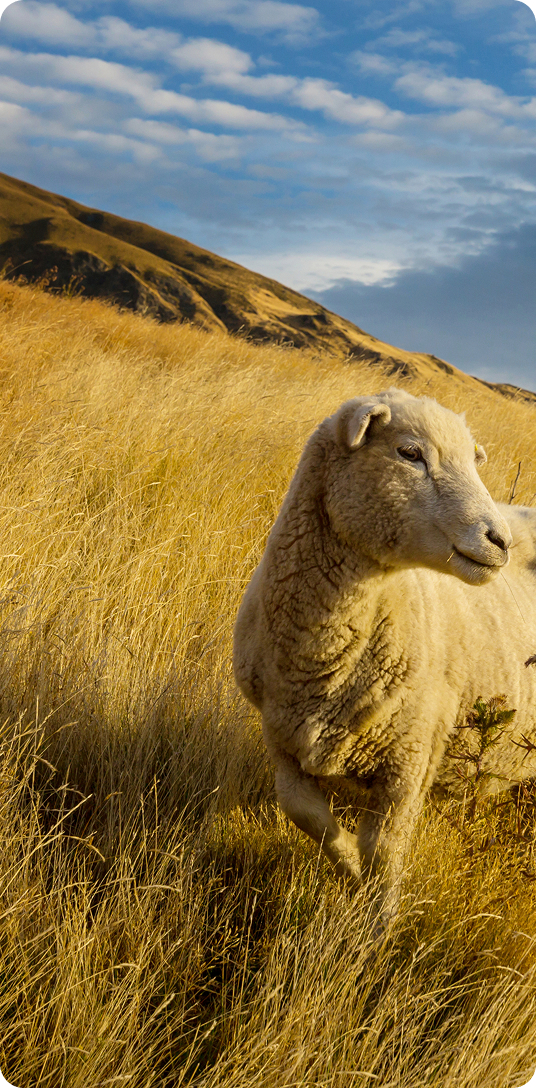
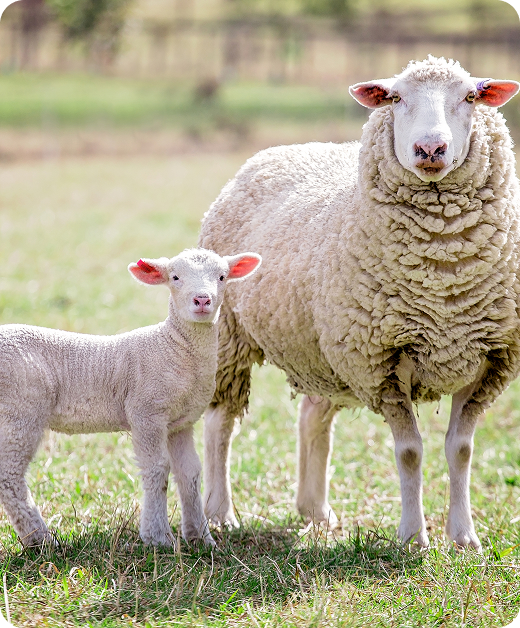
Lambing Care: Ensuring
Healthy Births
Lambing is one of the most exciting and challenging times for sheep farmers. Whether it happens in spring or late winter, good preparation is key. Keep these tips in mind
Clean and Prepare the Lambing Area: Make sure the area is clean, dry, and free of drafts.
Monitor Ewes: Watch your pregnant ewes closely. Signs of labor include restlessness, separating from the flock, or heavy breathing.
Be Ready to Help: Most sheep give birth without problems, but sometimes they need help. Learn the basics of lambing or have a vet’s contact ready.
Care for Newborn Lambs: After birth, dry the lamb with a clean towel and make sure it nurses within the first hour. Colostrum (the first milk) is essential for their health.
Keep Records: Track lambing dates, health conditions, and treatments given. Accurate records help you plan better for the future and manage your flock effectively.
Conclusion
Seasonal sheep farming requires careful planning and attention, but it can be very rewarding. By adjusting your care routines with the changing seasons, you’ll keep your sheep healthy and happy. Remember to provide fresh water in summer, extra feed in winter, and watch out for health issues year-round. With these seasonal tips, your sheep will thrive, and you’ll have a productive, healthy farm. Happy farming!




